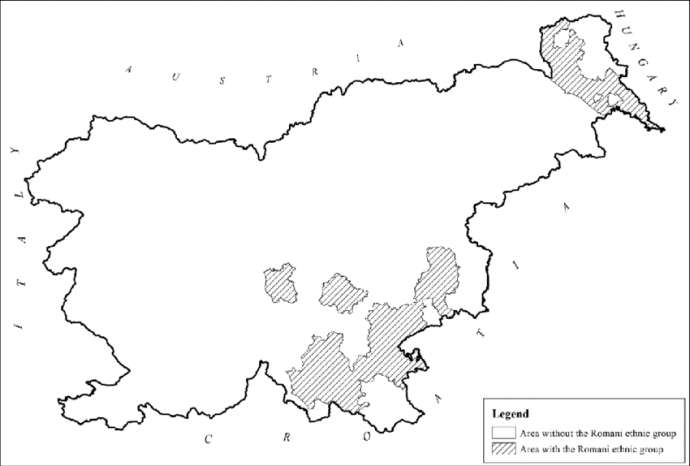STA, 1 August - An annual report on the situation of the Roma communities in Slovenia for 2021 shows some headway in the labour market, but also that there remains much room to improve the communities' social inclusion. It showed that only about a dozen Roma work as assistants to preschool teachers and that many do not have their own GP.
The Ministry of Education, Science and Sport finds in the report, which was discussed by the government on Thursday and sent to parliament, that preschools are yet to take full use of the possibility to employ Roma assistants.
They are deemed a key connection between preschools and Roma communities. The ministry also said that municipalities will have to become more active in encouraging the Roma to enrol their children in preschools.
Learn more: Geographical names in the languages of official minorities in Slovenia
The ministry added that only seven kindergartens had applied in the most recent call for Roma assistant funding for the school year 2022/2023.
Data suggest that the situation is better at schools, as over 60 Roma assistants worked at schools and preschools combined in the previous school year, the report shows.
Meanwhile, the Health Ministry is trying to raise awareness among the Roma that they should pick their own GP and see them instead of going to the emergency services, the report says.
The ministry is trying to encourage a healthy lifestyle, discouraging smoking and unhealthy foods. It also focuses on encouraging the Roma to participate in preventive health programmes.
Moreover, the Health Ministry issued a public call for co-funding humanitarian organisations which provide direct aid, counselling and aid to the vulnerable in 2021 and 2022, but only few providers applied for the programme targetting the Roma.
The situation is meanwhile somewhat better in terms of employment. Nearly 2,300 Roma were registered as unemployed last year, with nearly 360 finding a job. Half of the unemployed had not completed primary school, while a third only had primary education.
The Ministry of Labour, Family, Social Affairs and Equal Opportunities says in the report that many Roma took part in a number of activities provided by the Employment Agency despite the coronavirus pandemic.
The Ministry of Economic Development and Technology says in the report that it will continue to help municipalities in building basic infrastructure for Roma settlements.
However, in the future, the ministry will provide support only for projects that pursue development priorities and approach Roma issues comprehensively.







